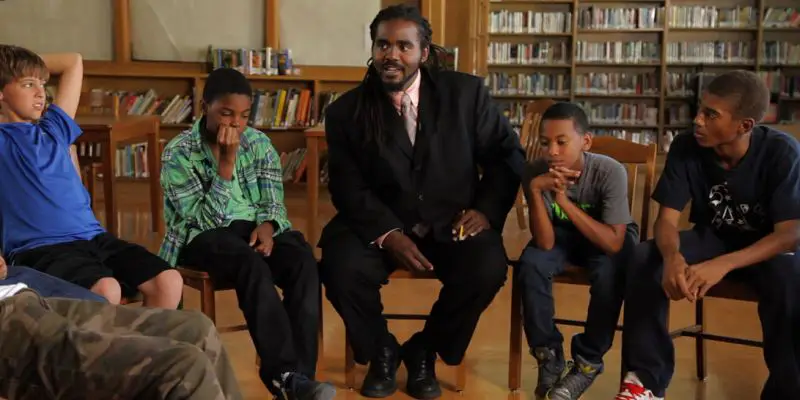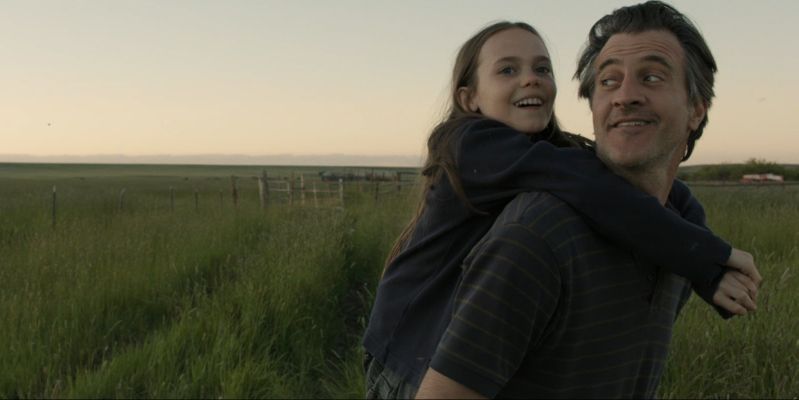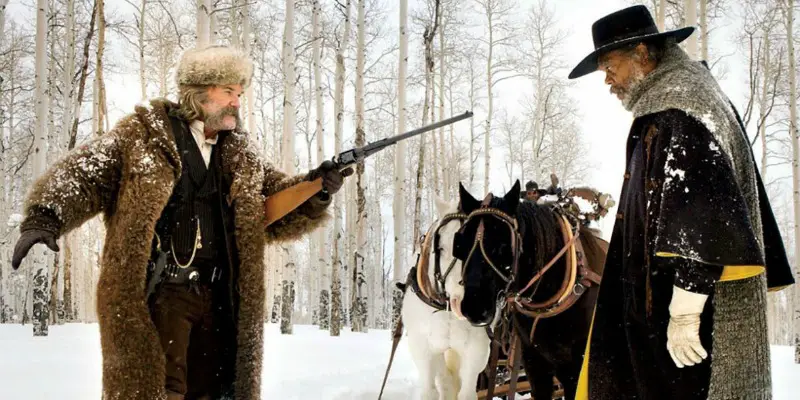2015

The old is boring and the new is exciting; right or wrong, that’s just how our brains our wired. So when something is in danger of becoming not just old but extinct, it’s only natural that they would seek to extend their longevity by latching onto something new. We could be witnessing an extinction event for one such aging institution, the daily newspaper.
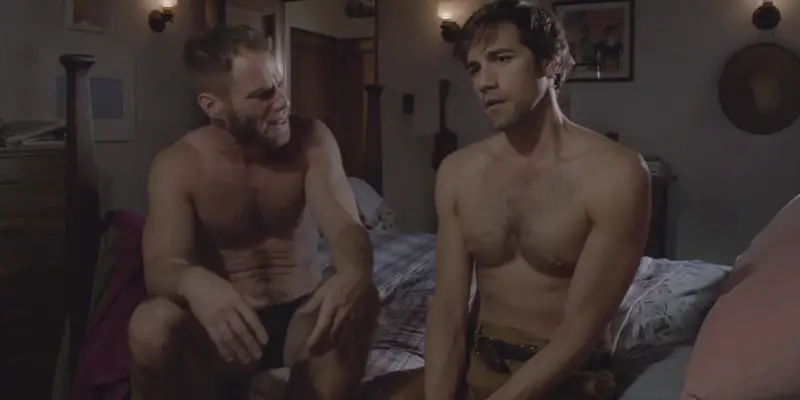
For a horror sub-genre that is frequently criticised for misogynist overtones, it is surprising how many gothic filmmakers haven’t combined the LGBT themes inherent in horror with the rampant violence of slasher film more frequently before. You’re Killing Me is a horror-comedy that puts the emphasis on the comedic elements, its many detours into slasher film never feeling either shocking or as amusing as the film around them. But it is unique for a film in this sub-genre to remove any subtext about societal fears among gay people in contemporary society and just make a straightforward horror-comedy with no deeper thematic resonance.

I’m going to be honest and admit that 15 minutes into this film I didn’t want to watch any more. Which is strange, because usually I’m a glutton for punishment when it comes to films I don’t necessarily enjoy. I’ll quite happily sit through to the end, hoping for a change in direction or a ‘bigger picture’ reveal.
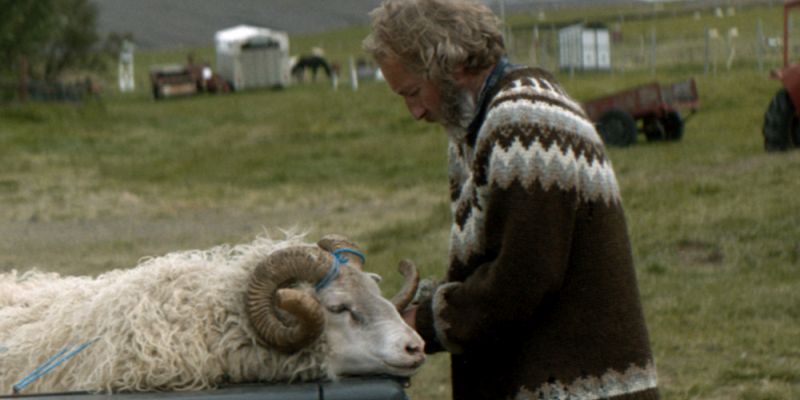
Iceland is slowly becoming one of the planet’s leading cinematic nations, with many directors realising that the country’s desolate landscape is the perfect fit for sci-fi. Christopher Nolan and Ridley Scott have both shot there recently, whereas the upcoming Rogue One: A Star Wars Story was filming there last autumn.

A remake of the 1969 Italian-French film La Piscine and partly inspired by David Hockney’s ‘Swimming Pool’ painting, A Bigger Splash is the fourth feature film from Luca Guadagnino, and has already made significant waves with critics and audiences alike (sorry for the absolutely appropriate pun). Starring Tilda Swinton as rockstar Marianne recovering from throat surgery, and Matthias Schoenaerts as her ever-loving albeit boring boyfriend Paul, the two of them aim to escape life to an idyllic Italian island in the middle of the Mediterranean. No phones, no work, no interruptions.
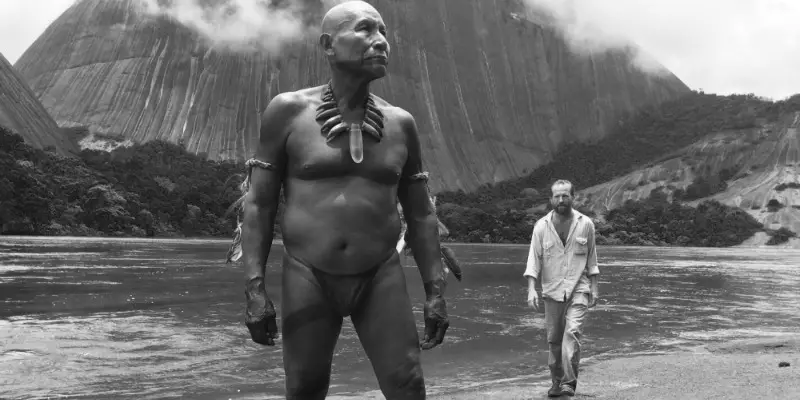
The most damaging and offensive cliché in films that explore colonialism and its effects on indigenous nations is the notion of the noble savage, as well as the white savior. Approaching this film the inevitable trepidations set in, but were soon quelled, as Embrace of the Serpent proved to be simultaneously intelligent and willfully authentic. Director Ciro Guerra film adheres to territorial formalism without subverting the cultural atmosphere and originality.

There is a moment about halfway through Brooklyn when Saoirse Ronan’s character is shown as a distant speck in a giant field of green grass, as if lost amongst the lush vegetation. The moment comes soon after she has decided to go visit her mother in Ireland after a loss in the family; though not immediately apparent, it foreshadows her soon-to-come inner conflict, which will make her question where she truly belongs. Such a gorgeous and symbolic shot is representative of much of Brooklyn, which is far deeper than its relatively straightforward subject matter would imply.

Back in 2013, a prestigious ballet director from the Bolshoi Theater named Sergei Filin was attacked outside his house, and acid was thrown into his face. He suffered third degree burns all over his face and down his neck and was left blind in one eye. After an investigation, it was discovered that a dancer of the Bolshoi paid the perpetrator; the motive was in reference to the casting of Swan Lake in which Filin was responsible.

Long maligned no matter the medium, the short film is often seen merely as a launching pad for bigger and better things. However, for documentarians, the short is almost the primary form, as it takes a lot of time, funding and quality footage to come up with a feature-length documentary worthy of release. Thus, for documentary, the short is the rule rather than the exception, and the field is stacked with quality, potent films, more or less unhampered by typical commercial expectations.

On November 23rd 2012, 17 year old Jordan Davis was shot dead inside a friends car at a gas station. He was shot by Michael Dunn, a 43 year old white male, because of an altercation which began when Dunn asked Jordan and his friends to turn down their music. The situation escalated and a few minutes later Jordan Davis was dead.
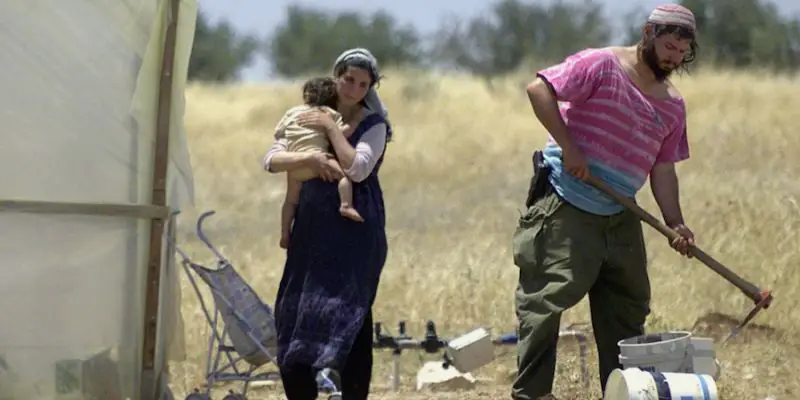
“I heard once somebody describing Zionism as a person escaping a burning building jumping out of the window and falling on somebody else’s head.” – Orly Noy, Israeli peace activist Colliding Dreams is a historical documentary exploring the history and ideas of Zionism, a nationalist movement of the Jewish community. The documentary examines Zionism in relation to the Jewish-Israeli occupation, a highly politically and religiously charged conflict between the Zionists and the Palestinians that continues until this day.

Documentary filmmaking is an interesting thing: while an actor in a fiction film can (though certainly doesn’t necessarily) excise their own personal ego and inhabit a role entirely separate from themselves, the documentary subject does not have this luxury. In fact, for the subject of a documentary to be successful it takes precisely the opposite skill; to be fully present in oneself, perpetuating the most “you” version of you possible.


